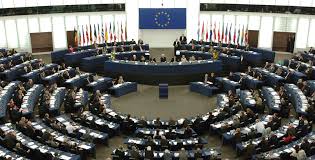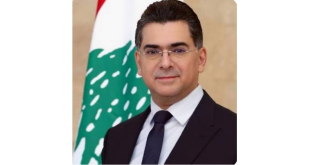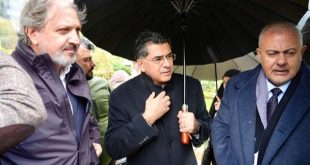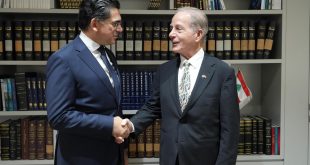كانون الأول 17, 2015
EU leaders gather in Brussels on Thursday for a two-day summit which will be dominated by the refugee crisis and Britain’s planned referendum on EU membership, as European Council president Donald Tusk seeks to wrap up negotiations with London on its EU renegotiation bid by February.
Taoiseach Enda Kenny will join leaders of the other 27 EU member states for the final leaders’ summit of the year, with a discussion on Britain’s renegotiation scheduled to take place this evening.
Two days after the European Commission published a migration strategy which included plans for a new European border and coast guard, and more stringent checks for EU citizens at the Schengen zone’s external borders, leaders are due to discuss the latest EU efforts to respond to the migration crisis.
“What we will see is a debate on the long-term vision on migration and short-term implementation measures,” a senior EU official said, stressing that the focus remained on strengthening the EU’s external borders.
While a subgroup of countries led by Austria and Germany is due to convene ahead of the summit to discuss a proposed voluntary resettlement programme for Syrian refugees in Turkey, EU officials said there was little appetite among member states for the proposal, which was first mooted by Germany at last month’s EU-Turkey summit.
Under the proposal, member states would volunteer to accept refugees directly from camps in Turkey in co-operation with the UNHCR.
But EU sources said most member states were reluctant to endorse a scheme without evidence that Turkey had successfully curbed the flow of refugees into Europe.
The focus on Turkey comes as Amnesty International warned that the EU is in danger of being complicit in “serious human rights violations against refugees and asylum seekers”, claiming that Turkey had been unlawfully “apprehending, detaining and pressuring refugees and asylum seekers to return to war zones”.
In a report published on Wednesday, the human rights group claimed that Turkish authorities have been bussing refugees to isolated detention centres, where some of them were shackled and beaten before being forcibly transported back to the countries from which they had fled.
The EU’s recently agreed action plan with Turkey has raised concerns in some member states that the EU is outsourcing its refugee crisis to Turkey and encouraging more migrants to remain in refugee camps in the country.
EU leaders are also expected to discuss the roll-out of the bloc’s refugee relocation scheme, which has seen just 160 refugees relocated out of a total of 140,000.
In his letter to EU leaders ahead of the summit, Mr Tusk stressed the need for EU member states to implement measures that have already been agreed in response to the migration crisis.
“In September, we crafted a comprehensive strategy how to deal with the migratory crisis, but its implementation is still lagging behind,” he wrote.
Migratory flows
“We need to speed up on all fronts, including the protection of the EU’s external borders. Our goal is clear: we must regain control over our external borders to stem migratory flows and to preserve Schengen.”
Between January and November this year, approximately 1.5 million people are estimated to have crossed the EU external borders illegally, placing an unprecedented pressure on Europe’s external borders and forcing EU states to introduce identity checks at some internal EU border crossings.
The Irish Times
 Lebanese Ministry of Information
Lebanese Ministry of Information



